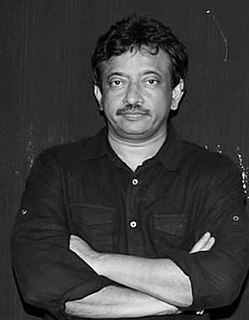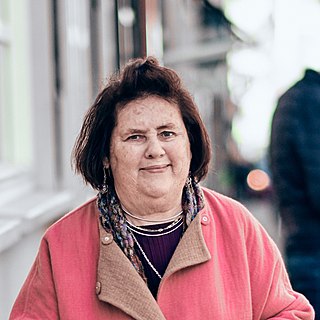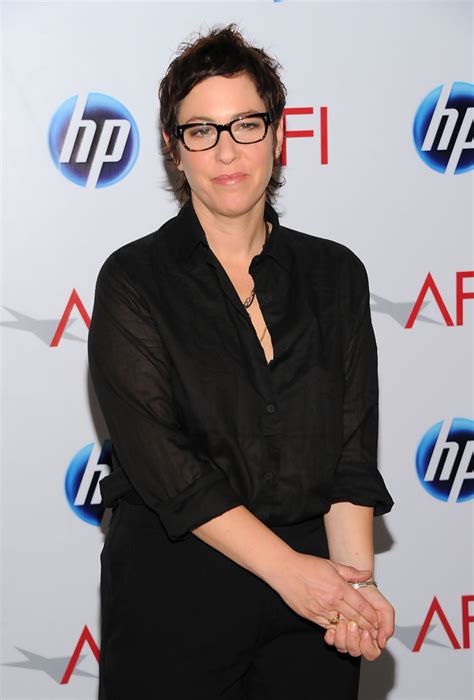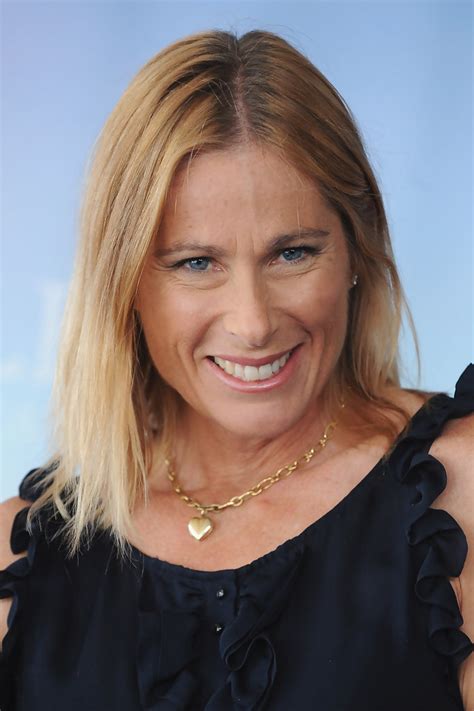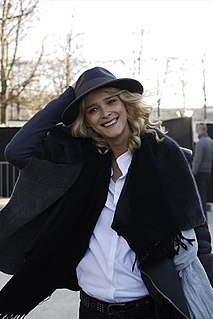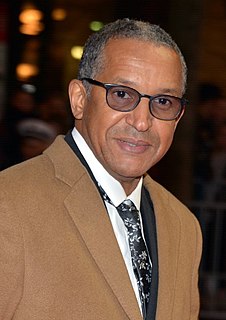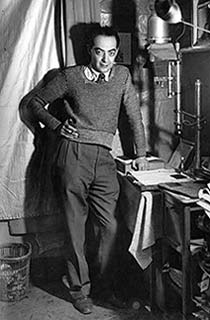A Quote by Ram Gopal Varma
The point is that a filmmaker is like a journalist in projecting reality in the true sense of the word. Only thing is he dramatically packages it to make more effect.
Related Quotes
Sometimes the most difficult thing you can do as an editor is not make a single note - the idea that everything and everyone needs editing is, in reality, a fiction. I've gotten pieces where I thought, Well, I could do this or that, or change this word, but in the end, I leave it. Changing something is not necessarily equivalent to making the piece more true to itself, which is the point of editing: it's just changing it because you feel you can or should or must.
As a filmmaker I have changed, yes. I seem to have crossed a line and that journey, trajectory change is more apparent. I'd say, what changed dramatically in me as a filmmaker is the fact that now, it is about why am I making the film, what is this supposed to mean to people. Earlier, it was more about entertaining or engaging them.
We know only what we do, what we make, what we construct; and all that we make, all that we construct, are realities. I call them images, not in Plato's sense (namely that they are only reflections of reality), but I hold that these images are the reality itself and that there is no reality beyond this reality except when in our creative process we change the images: then we have created new realities.
The starting point and the ending point are nothing but two arbitrary choices. You make them as in soccer games, where they chose that it's 90 minutes, not less and not more. But the choices are the responsibility of the filmmaker. You have to choose to join the story at an arbitrary point, and you leave it at an arbitrary point.
Word is murder of a thing, not only in the elementary sense of implying its absence - by naming a thing, we treat it as absent, as dead, although it is still present - but above all in the sense of its radical dissection: the word 'quarters' the thing, it tears it out of the embedment in its concrete context, it treats its component parts as entities with an autonomous existence: we speak about color, form, shape, etc., as if they possessed self-sufficient being.
I think we're all actors. There's this friend of mine who's a great drummer, and he said, "I never thought I'd be a drummer, but I got really good at it. I always feel like I'm an actor playing the drums." His real calling was that he was going to be a magician. That's what he felt like he wanted to do. If you decide to act like a journalist, you'll probably be a better journalist than just being a journalist. What you're doing is, you're taking the executive role and stepping outside yourself so that you're able to make more objective decisions.
The everyday world, as Kant proved, is mere appearance. But it is also the only world in which we can make sense of the idea of a plurality of distinct individuals. We can only distinguish things as different if they occupy different regions of space-time. It follows (a point Kant missed but which the mystics have always understood) that reality 'in itself' is 'beyond plurality' and is, in that sense, 'One'.
My images were surreal simply in the sense that my vision brought out the fantastic dimension of reality. My only aim was to express reality, for there is nothing more surreal than reality itself. If reality fails to fill us with wonder, it is because we have fallen into the habit of seeing it as ordinary.
